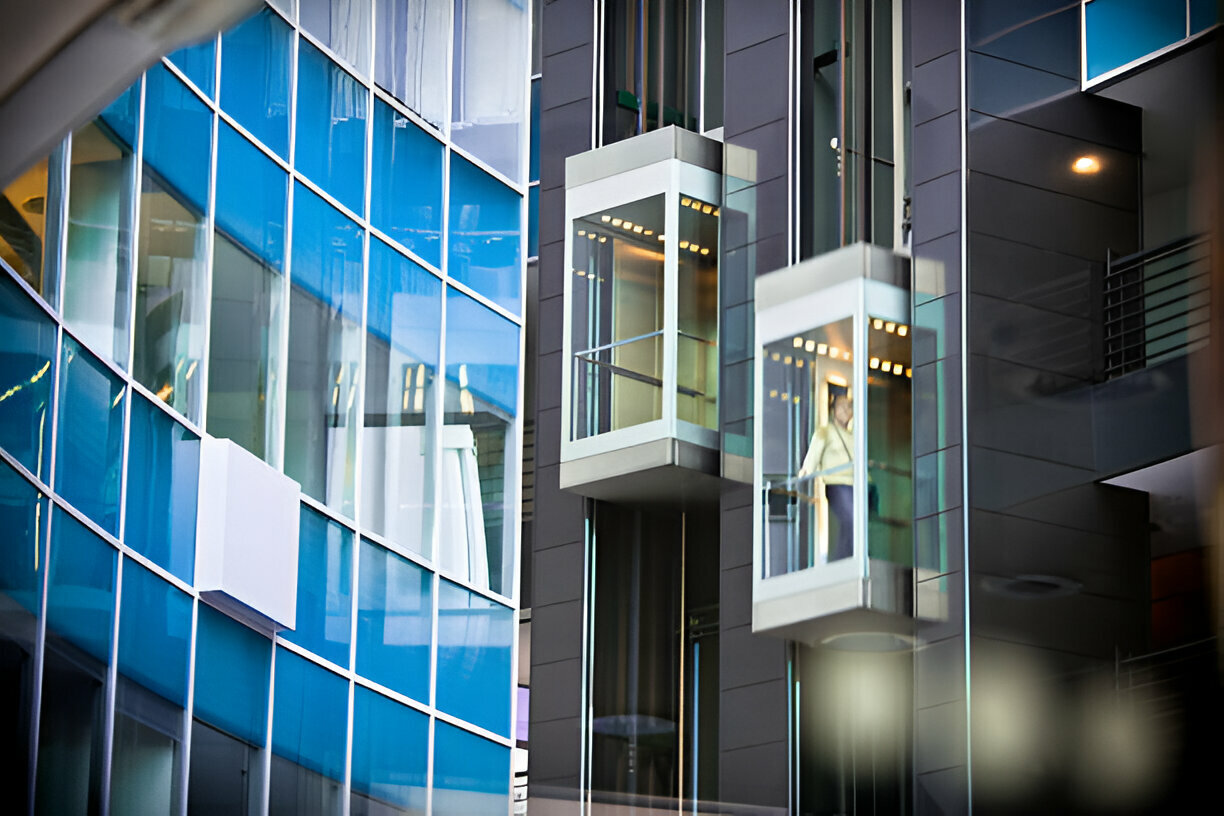Elevator maintenance is essential, and it plays a key role in an elevator’s lifespan. Regular maintenance can ensure that elevators, escalators, lifts, and dumbwaiters will continue to operate safely and reliably. Regular maintenance will not only address immediate issues, but it will also significantly contribute to prolonging the lifespan of the elevators. Elevator service providers will perform the maintenance; however, it is the responsibility of the building owners. Property managers or the building engineers must ensure that service providers are showing up and conducting the necessary maintenance needed for a desirable lifespan. An elevator consultant can provide guidance to the building. This ensures that service providers are showing up and taking the right steps to maintain and protect the lifespan of each lift.
Why Regular Elevator Maintenance is Important?
Let us look at why regular maintenance is crucial and how it can help extend the lifespan of elevators.
1. Identifying and Addressing Issues Early
Regular maintenance involves thorough surveying, analyzing, and servicing of elevator components. By conducting these routine checks, maintenance professionals can identify potential issues early on. A skilled service technician will know the different elevator manufacturers, and their knowledge is impeccable. They understand what it takes to maintain elevators. Promptly identifying and addressing minor problems can prevent an issue from escalating into major and costly repairs down the line. Additionally, early detection of maintenance issues will help to ensure the safety of elevator passengers while minimizing any downtimes. It is important to identify a service provider with experience in elevators or escalators in your building.
2. Preventing Wear and Tear
Due to incessant operation, elevators endure significant wear and tear. Regular maintenance should include lubrication, adjustment, and the cleaning of various components. These include the motor, gears, cables, and door mechanisms. These maintenance tasks will help to reduce friction, optimize performance, and prevent premature wear of elevator parts. ASME A17.1 / CSA B44 Safety Code for Elevators and Escalators has the actual code required intervals for elevator maintenance. The service technician should know what the equipment needs are, as well as the appropriate intervals. By minimizing wear and tear, regular maintenance will ensure smooth operation while extending the lifespan of the elevators. Per code, buildings are required to keep consistent maintenance documents.
3. Enhancing Safety Features
Elevator safety is of paramount importance, and routine maintenance will ensure the proper functioning of crucial safety features. These include door sensors, emergency buttons, interlocks, and fire alarms. Faulty safety features can expose passengers to risks and may lead to accidents or entrapments. Regular maintenance will ensure that these safety features are inspected, tested, and calibrated. This safeguards their effectiveness and keeps them in compliance with safety regulations. Elevator service technicians will know which safety mechanisms need maintenance and will do so according to the appropriate code requirements. There are monthly, annual, and five-year testing functions that must be performed on equipment. Additional tests may be required pending the authority having jurisdiction. The building needs to be knowledgeable in this area. This is to ensure these tests are being completed and properly documented for the local authority having jurisdiction.
4. Upgrading and Modernizing Elevator Systems
Over time, technological advancements have brought about more efficient and advanced elevator systems. Replacing outdated or obsolete parts and incorporating new technologies can enhance elevator performance, improve energy efficiency, and optimize passenger experiences. Replacing some components may not only extend the lifespan of the elevators, but will add value to the buildings as well. When an elevator has reached the end of its lifespan, a building may have to modernize its equipment. This starts the whole life cycle over again. Elevators have numerous components; therefore, it may be possible to use items that have been refurbished or maintained based on the parts’ condition during modernization.
5. Complying with Regulatory Requirements
Elevator maintenance is not only about optimizing performance. It is also to ensure compliance with regulatory requirements. Regular maintenance helps to fulfill mandatory requirements imposed by regulatory authorities. Compliance will not only help a building avoid penalties but will also ensure adherence to the highest safety and operational standards. Thus, an authority having jurisdiction inspection will lead to operator certification for the elevator, escalator, lift, or dumbwaiter to pass. Failed inspections are not desirable and usually correlate with a lack of maintenance. If this happens, an elevator audit might need to be performed by an elevator consultant. A certificate of compliance is typically found in the cab of the elevator or will be available from the building manager.
Overall overview of Elevator Maintenance
Regular maintenance is an investment in the longevity and performance of elevators. By addressing issues early, preventing excessive wear and tear, enhancing safety features, upgrading components, and complying with regulations, maintenance will significantly prolong the lifespan of elevators. This will ensure the safety and satisfaction of elevator passengers. It will also minimize unexpected breakdowns, reduce repair costs, and add value to buildings.
It is crucial to work with qualified elevator professionals, including an elevator consultant who possesses the expertise needed to provide reliable maintenance services. Knowing the building’s equipment and aligning with the right service provider will ensure your equipment operates smoothly while prolonging its life cycle.
Remember, with regular maintenance, elevators will continue to be a reliable and efficient mode of vertical transportation, serving occupants for years to come. If a building is uncertain about their maintenance requirements at any time, an elevator consulting firm can assist and answer any questions.

